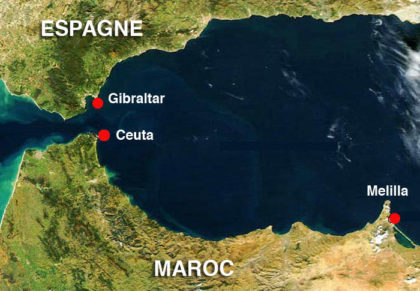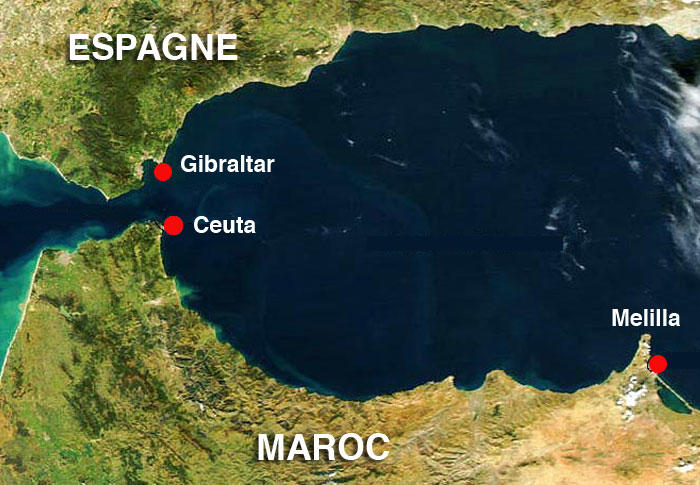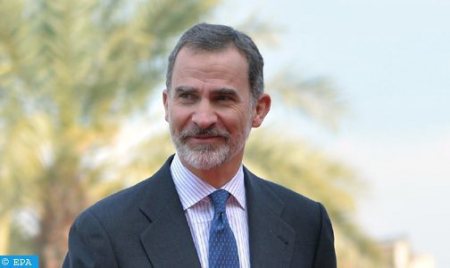 Spanish interior minister Juan Ignacio Zoido urged the EU to support Morocco’s “considerable” efforts to fight illegal immigration.
Spanish interior minister Juan Ignacio Zoido urged the EU to support Morocco’s “considerable” efforts to fight illegal immigration.
“The EU should lend more support to African partners, such as Morocco, in their colossal efforts” in countering illegal immigration, said the Spanish official at a meeting of the EU’s justice and domestic affairs council.
Zoido, whose remarks were quoted in a statement by his department, stressed that third countries are making huge efforts in this area, which must be “recognized and supported” by the EU.
The Spanish Minister considered that the EU’s work in this area must be based on successful bilateral experiences, which must be respected and supported, given the fact that their results are benefiting all EU member states.
These statements came at a time Morocco is undergoing increasing pressure from would-be migrants mostly from Sub-Saharan Africa.
Spain seemed like a forgotten EU border far away from the tragedies of the refugee crisis that ensued the Arab Spring and the influx of migrants and refugees in 2015. When the EU saw over 1 million sea arrivals in 2015, only a few thousands were registered in Spain, thanks to close cooperation with Morocco where authorities have took measures that drastically curbed illegal migration attempts.
Frontex itself recognized the key role Morocco plays in preventing the surge of migration to the EU. In a 2015 report, the EU border agency said that thanks to close cooperation with Morocco, Spain, the only European country adjoining Africa- with two outposts within Morocco’s mainland (the Spain-occupied enclaves of Ceuta and Melillia)- has been spared by the wave of refugees and migrants that hit Europe. When 1.3 million asylum applications were lodged in EU countries, only 13.000 were registered in Madrid.
At the security level, Morocco stationed 23,000 members of the security forces as well as navy gendarmerie to survey the Mediterranean coast and foil illegal immigration attempts.
However, the closure of the Balkan route after the EU-Turkey agreement and the deteriorating security conditions and the crackdown on migration in Libya, push would-be migrants to see in heavily patrolled Moroccan coasts and land borders with Spanish cities of Ceuta and Mellilia an alternative.
So far this year, 8000 peoples have taken the Moroccan route in comparison to 2500 in 2012. Thus, Spain has outpaced Italy as the fastest increasing entry point for illegal migrants.
As the EU countries continue to trade accusations on the lack of solidarity and as southern EU Mediterranean countries lament the lack of solidarity by their European counterparts in sharing the migration burden, Morocco has launched a migration legalization process to grant migrants, mostly from Sub-Saharan Africa, a chance to integrate and benefit from basic services.
Fortress Europe, which has been adopting a security approach to tackle the humanitarian challenge of migration, has proven its utter failure in managing migration. The need for a North-South approach taking into consideration the development needs of migrant emitting countries and transit countries such as Morocco is urgently needed.



